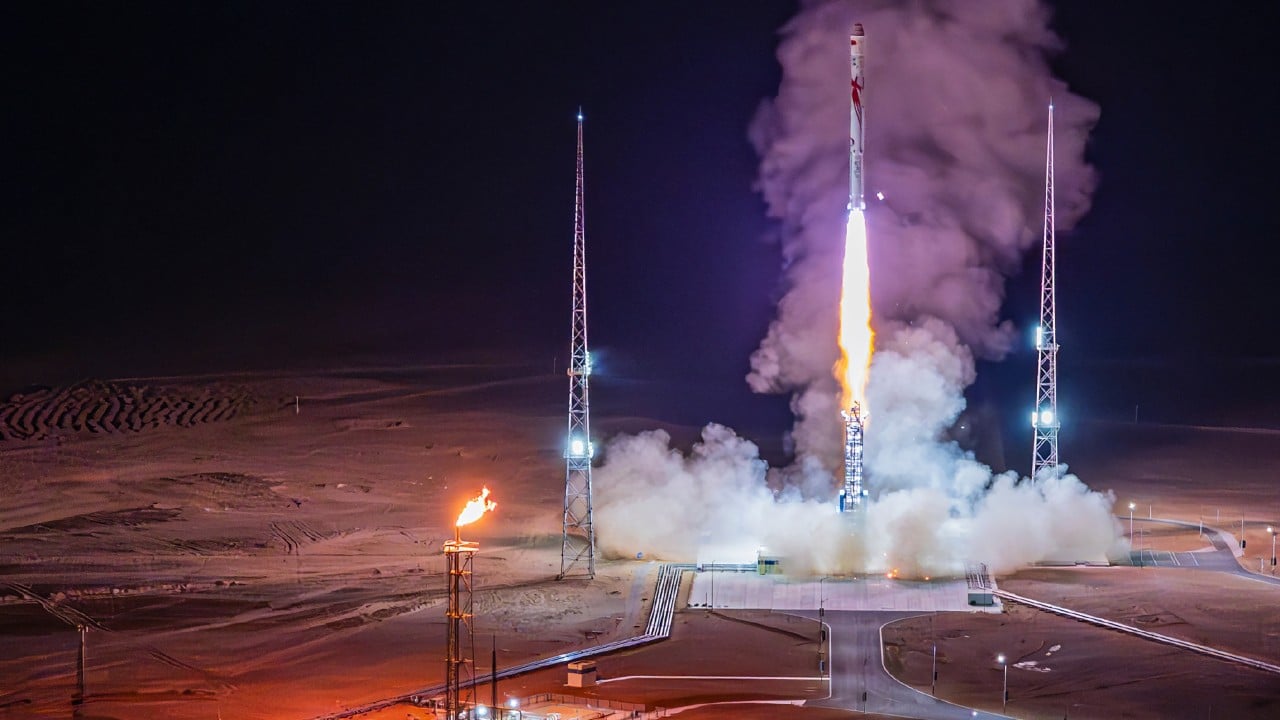The idea that Hong Kong could play a leading role in the global space economy was greeted with scepticism when I raised the possibility with Chief Executive John Lee Ka-chiu earlier this month. However, critics fail to realise that space technologies have permeated many aspects of our lives – from checking the weather and ordering our meals on our mobile phones to navigating our daily commutes and settling stock transactions in real time.
Advertisement
A report published by the American consultancy firm McKinsey in 2024 forecast that the space economy will grow at a much faster rate than the global economy and will reach US$1.8 trillion by 2035, up from US$630 billion in 2023. Space is no longer the exclusive domain of state-led space missions.
New interest in space travel, space manufacturing, the mining of critical resources from the moon, Mars, asteroids and the launch of small satellites and mega constellations in low Earth orbit has fuelled a boom in investing in space-related hardware and software, including in China.
The China Research and Development Institute estimates that, in 2025, private investment in the aerospace industry will have risen from 12 per cent of aggregate investment in 2020 to 45 per cent in 2025.
The skyrocketing of private investment in aerospace industries is catapulted by technological advancement, lower manufacturing costs and state support for the private sector.
Advertisement
Stellar examples of private aerospace enterprises include the Beijing-based company i-Space, also known as Space Honor, a manufacturer of satellite orbital launchers. The company is the first private aerospace company in China to put a rocket into orbit. LandSpace, also based in Beijing, is another success story. The company is the maker of the Zhuque-2 rocket, the first launch vehicle fuelled by methane and liquid oxygen to reach orbit.

